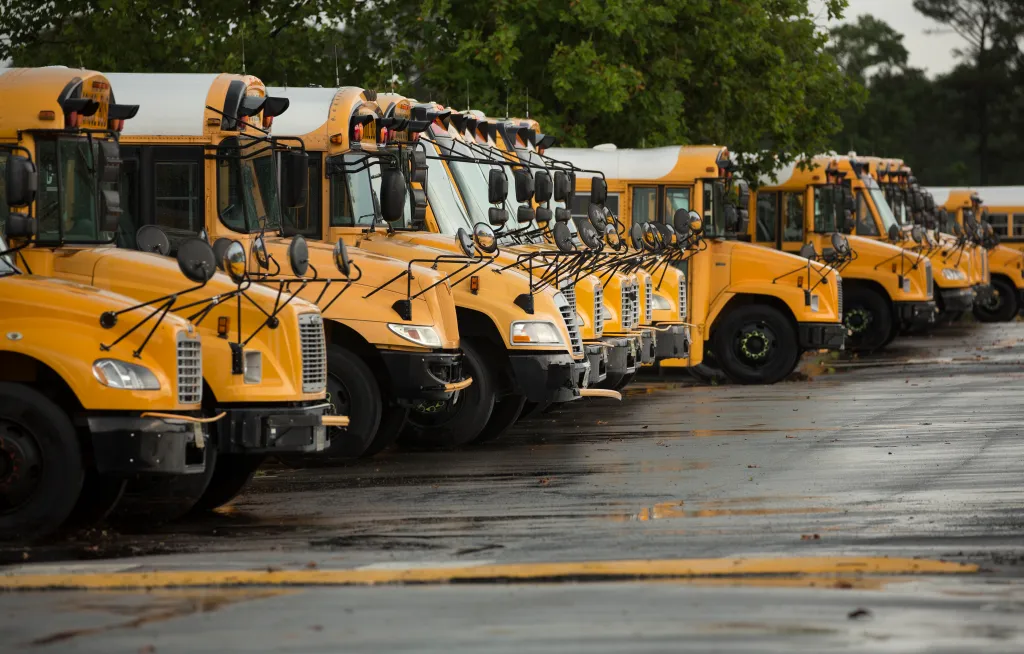Copyright Norfolk Virginian-Pilot

As Virginians choose our next governor, we face a pivotal question: Will we continue building an education system that prepares every student for a rapidly changing world or settle for maintenance instead of modernization? Sustaining Virginia’s long-standing academic excellence requires clear policy direction, not slogans. The next governor must commit to a coherent, forward-looking K–12 agenda that maintains high standards, accelerates recovery and aligns education with the realities of the future workforce. Virginia’s Standards of Learning (SOLs) are a powerful policy asset, but the ground beneath them is shifting. Artificial intelligence is redefining work itself. To stay ahead, the SOLs must evolve to emphasize durable skills — critical thinking, collaboration, communication and ethical reasoning — machines cannot replicate. The next administration has a historic opportunity to modernize this framework so every graduate is prepared not just to navigate a world transformed by AI, but to lead it. That means refining standards and assessments to measure deeper learning. Performance-based assessments, project-based learning and authentic demonstrations of mastery should complement traditional tests. When students can analyze, create and collaborate, they are learning in ways that drive both personal success and Virginia’s economic strength. Despite progress, too many students remain behind grade level. Research is clear: High-impact tutoring — frequent, small-group or one-on-one instruction led by trained tutors — is among the most effective interventions. The next governor should scale this strategy statewide with dedicated funding, consistent quality standards and flexible delivery models. High-impact tutoring can transform recovery into acceleration, ensuring every division has the resources to make it a core part of the instructional day. Virginia’s economy demands graduates who can adapt, think critically and work collaboratively. To meet this challenge, the next governor should redesign the high school experience, connecting rigorous academics with real-world application. We support the Commonwealth Learning Partnership’s Virginia Leads Innovation Network — a coalition rethinking high school through career-connected learning, flexible scheduling and innovative assessments that link students to local employers, community colleges and credentialing opportunities. The next administration should set a clear statewide goal: every graduate leaves high school with a credential of value, an apprenticeship or college credit tied to in-demand careers. Workforce readiness should be a guarantee, not a promise. Career pathways hold little value if students can’t read on grade level. Virginia Learns strongly supports bipartisan legislation building on evidence-based reading initiatives such as the Virginia Literacy Act (VLA). Now is the time to deepen these investments. The VLA requires one reading specialist for every 550 students in grades K-3 and one for every 1,100 students in grades 4-8. Expanding funding to add more literacy coaches beyond those minimum ratios would reduce caseloads and enable earlier intervention. We must also strengthen the educator pipeline by ensuring Virginia’s colleges and universities embed research-driven literacy instruction into pre-service teacher preparation. When new teachers are proficient in evidence-based reading instruction, we reduce costly in-service remediation and ensure every child learns to read proficiently before fourth grade. No reform succeeds without strong teachers and leaders. Virginia continues to face educator shortages, uneven pay and outdated professional development systems. Too many high schools rely on just one or two certified math teachers. The next governor must implement a comprehensive educator workforce strategy that includes competitive compensation, mentoring pipelines and modern professional learning aligned with innovation goals. If we stay focused on outcomes that matter — rigorous academics, durable skills and clear pathways to work and life success — Virginia can remain a national leader. But if we turn education into a political battleground, we risk losing the trust and momentum we’ve built. The next governor’s legacy won’t be measured by slogans, but by whether Virginia’s schools rise to meet the age of AI. High standards, targeted tutoring and reimagined high schools aren’t policy fads — they’re how we future-proof opportunity for every learner in the commonwealth. Robert Nomberg of Richmond is the president and CEO of Virginia Learns, a 501(c)(3) nonprofit and statewide education operating foundation. Email him at robert@virginialearns.org.



